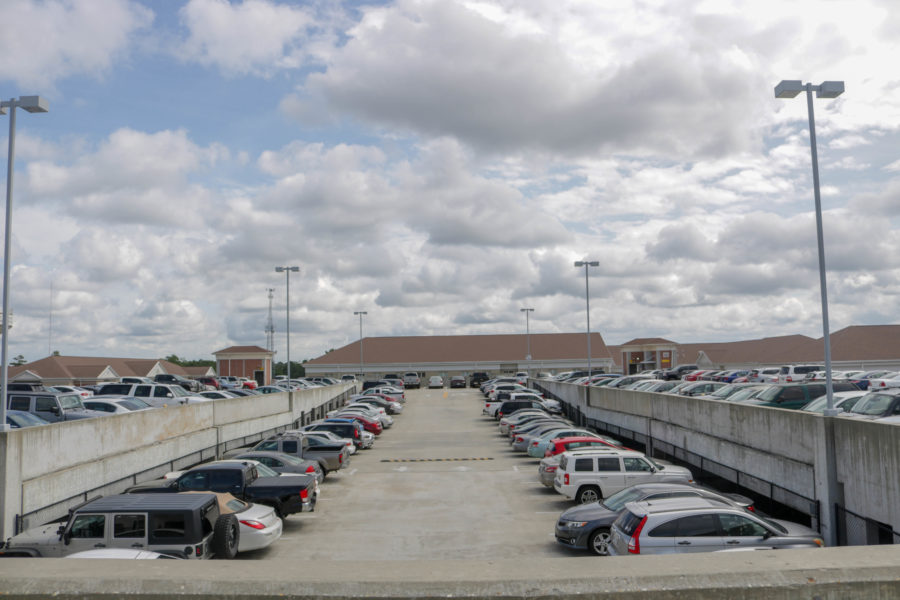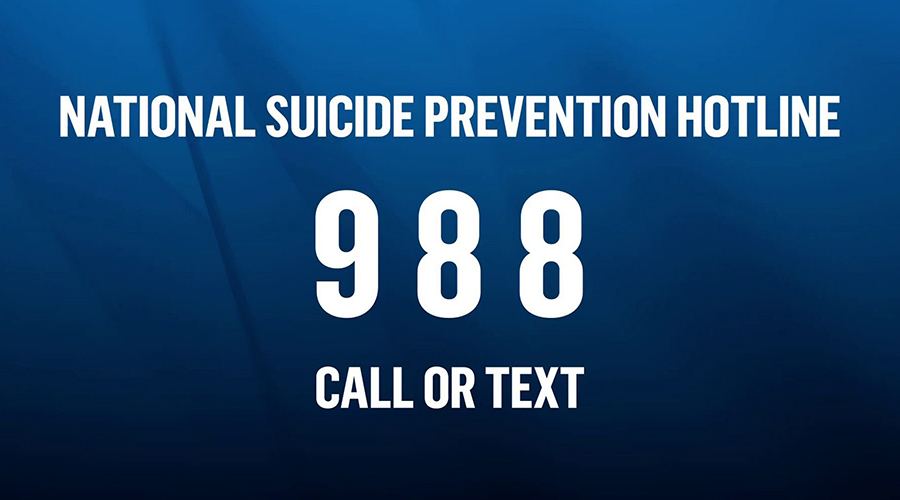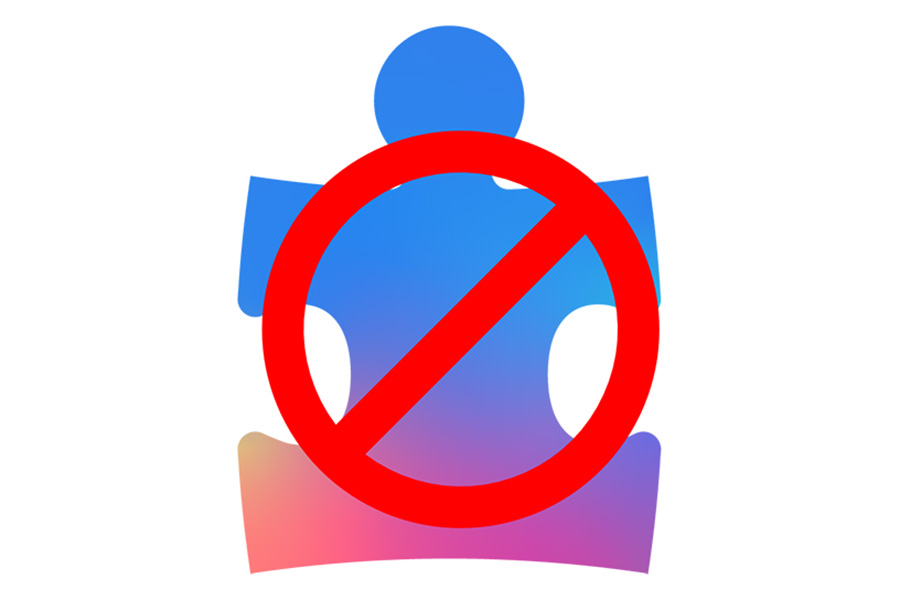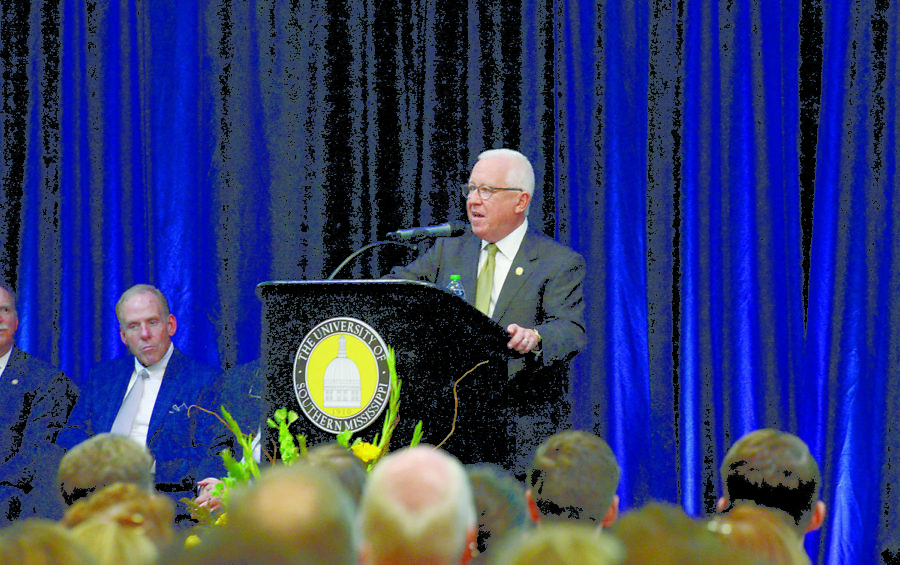By the third week of the semester, the veneer of new beginnings has already worn thin. My meal plan is dwindling, my ambitious 8 a.m. class has revealed itself as a terrible miscalculation, and the “ideal college experience” I once envisioned feels less like cinematic coming-of-age and more like surviving on ramen while stress-crying over papers at 2 a.m. The reality is sobering: college is not an Instagram highlight reel, but something far messier, far more humbling—and ultimately far more valuable—than the glossy brochures ever suggested.
Now, as a senior double majoring in Sociology and Computer Science, I can say with certainty that the most transformative part of college has not been the degree itself, but the continual process of leaning into discomfort. Growth, I’ve discovered, tends to emerge in the places I feel most uneasy.
I first learned this lesson by accident. In Spring 2023, I enrolled in an introductory sociology course, just another box to check on my general education requirements. At the time, I considered myself purely a “STEM person.” The language of social theory felt foreign, and I entered that classroom with the expectation that I would pass through it quickly and painlessly. Instead, I found myself in a space that forced me to think differently. The professor fostered an environment where every student’s voice mattered, which meant I couldn’t hide in the anonymity of the crowd. Each time I raised my hand, stumbling through arguments I barely understood, I felt the sharp sting of discomfort. And in that very unease, my intellectual curiosity began to take shape.
The semester ended on an unforgettable note. My professor surprised our final class clad in a Spider-Man suit, declaring, “With great power comes greater responsibility.” What could have been a throwaway gimmick instead became a lesson I carried with me: that small acts, performed with intention, ripple outward into meaningful change. It was both ridiculous and profound, and it reshaped the way I approached both my studies and my life.
That spark led me to declare Sociology as a second major, a decision that terrified me. I worried that my background in Computer Science had ill-prepared me for the type of critical engagement these courses demanded. Yet the fear itself became a signal that I was on the right path. College, I realized, is not the time to stay within the boundaries of what feels safe, but to pursue the questions and passions that unsettle me.
In truth, one of my greatest misconceptions was that college would transform me automatically, that simply showing up would lead to enlightenment. Instead, I learned the opposite. College provides the environment for change, but the actual transformation requires choosing it, again and again. Every semester has offered moments to join unfamiliar clubs, apply for intimidating internships, or raise my hand in classes where my voice shook. The so-called “magic” of college lies not in fate but in the deliberate choice to seek discomfort over ease.
As for “dumb luck”? I’ve had opportunities that shaped my trajectory—three internships, each of which taught me more than I could have imagined. But none fell into my lap. Each one required me to push through imposter syndrome, send applications that felt like long shots, and believe in myself when my resume seemed unremarkable. The luck, if anything, came from the mentors and professors who saw potential in me before I could see it in myself. Their belief was possible only because I kept showing up.
Looking back, I see that the confidence I now carry was not built overnight, but through countless small acts of courage: speaking up in a seminar when my heart raced, writing for Student Printz despite dreading the first interview, and debugging code long past midnight. These moments—mundane, uncomfortable, unglamorous—were the crucible in which resilience was forged.
Three years in, I have come to accept that comfort is overrated. Growth is not neat or effortless, but messy, awkward, and often deeply uncomfortable. I am no longer the same person who first stumbled into that Sociology classroom, and that, I realize, is the entire point. College does not simply happen to us. We make it happen by daring to be uncomfortable, by raising our hands, and by trusting that the struggle itself is what shapes us.





























